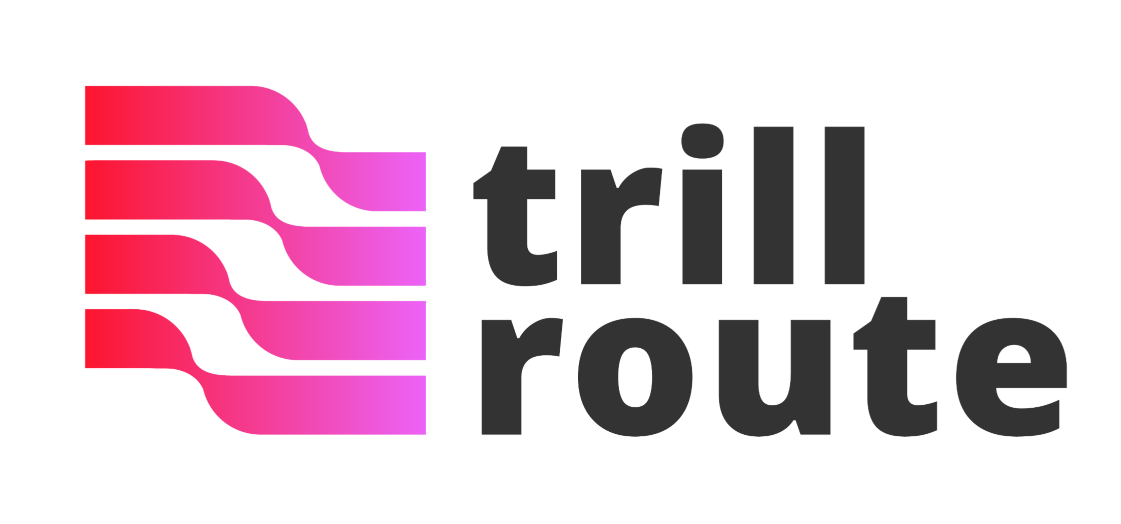How to use technology to enhance your music practice
- Trill Route
- Sep 15, 2022
- 3 min read
Technology has revolutionized the way we learn and practice music. With the advent of digital tools, it has become easier than ever for music students of all levels to enhance their practice and improve their skills. Whether you are a beginner or an advanced student, there are many ways to use technology to enhance your music practice and take your playing to the next level.
For beginners, technology can provide a wealth of resources to help you learn the basics of music. There are many apps and online tutorials that can teach you how to read sheet music, understand basic music theory, and play simple songs on your instrument. Some popular apps for beginners include Yousician, Simply Piano, and Guitar Tuna. These apps provide interactive lessons that are tailored to your skill level and help you track your progress as you learn.

For advanced music students, using metronome apps and tuner apps can provide new ways to take their skills to the next level and fine-tune their performance. Using a metronome app is not only limited to keeping the time and accuracy, it can also be used to work on specific subdivisions of the beat, such as triplets, quintuplets, and septuplets. This can help super advanced students to develop their internal sense of rhythm and timing to a higher degree of precision, which can be especially useful for playing complex rhythmic patterns and time signatures.
Additionally, using a tuner app can help super advanced students to improve their pitch accuracy and intonation. Tuner apps like Cleartune, Tunable, and PitchLab, provide advanced features such as the ability to calibrate the tuner to different concert pitches, as well as visual and auditory feedback on the pitch and intonation of the notes played. This can be especially useful for super advanced students who are working on perfecting their pitch accuracy and intonation, which are critical elements of a polished and professional performance.
Furthermore, a super advanced student can use the tuner app in combination with a metronome app to practice playing in tune while keeping the time accurately, this is known as "Temperament" practice. In this practice, a student can set the metronome to a specific tempo, and while playing along, adjust their intonation to match the metronome's beat, this can help a student to develop the ability to play in tune with precision and accuracy in a variety of different tempos.

Another way advanced students can use technology to enhance their practice is by using apps and software to record and analyse their playing. This can be particularly useful for students who are working on a specific technique or passage. Recording yourself playing and then listening back to the recording can help you identify any areas that need improvement and make adjustments to your technique. Some popular apps for recording and analysing your playing include Voice Memos, GarageBand, and iRig Recorder.
Moreover, online platforms such as YouTube and Vimeo are a great way for advanced students to access a wide variety of musical resources, including lessons, tutorials, and performances. These platforms provide access to a wealth of information that can help you improve your playing, including masterclasses, interviews with professional musicians, and performances of works by different composers.
For super advanced students, technology can provide even more opportunities to enhance their practice and take their playing to an even higher level. One example of this is the use of virtual reality (VR) technology. With VR, students can experience playing alongside virtual orchestras or ensembles and even perform in virtual concert halls. This can be a great way for advanced students to experience playing in different acoustical environments and to practice playing with other musicians in a realistic setting. For instance, companies like Holon and LIV are developing VR software for music education, where students can perform in virtual ensembles and experience different acoustical environments.

Another example for super advanced students is the use of artificial intelligence (AI) and machine learning (ML) in music education. With the help of AI and ML, students can receive personalised feedback on their playing and receive real-time, data-driven insights into their practice sessions. For example, Jukedeck and Amper Music are developing AI-driven music composition software that can help advanced students to compose and arrange music. Furthermore, companies like Melodrive and AIVA are using AI to generate realistic and believable music tracks, which can be useful for film scoring, video game music and more.
In conclusion, technology provides music students with a wide range of resources to enhance their practice and improve their skills, regardless of their level. Beginners can use apps and online tutorials to learn the basics of music, while advanced students can use technology to improve their timing, pitch, and technique. Additionally, the access to various resources on online platforms can help advanced students to expand their musical knowledge and skills. With the right tools and resources, technology can help you take your music practice to the next level and reach your full potential as a musician.





Comments